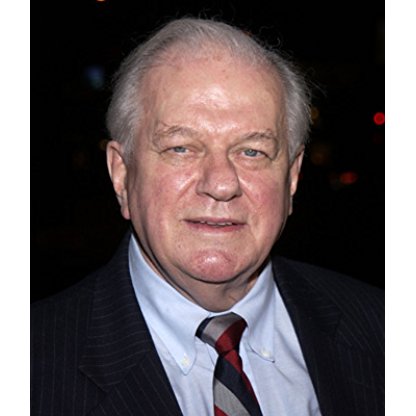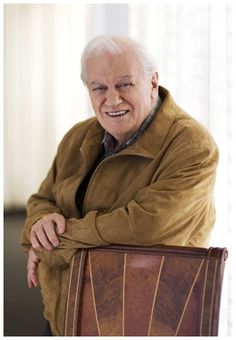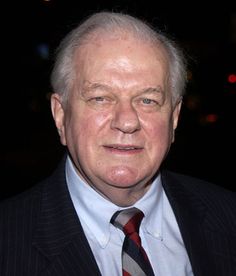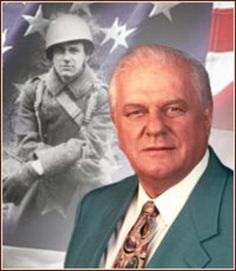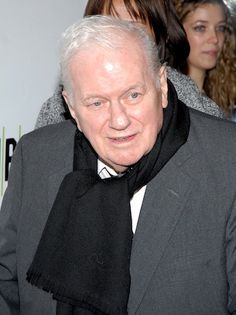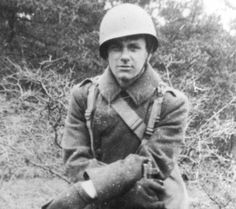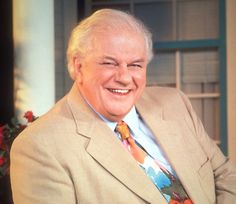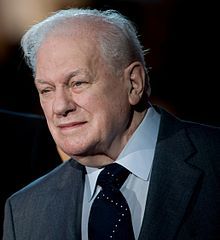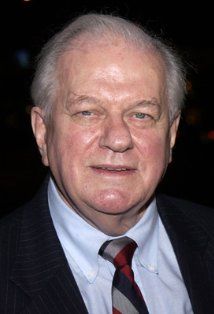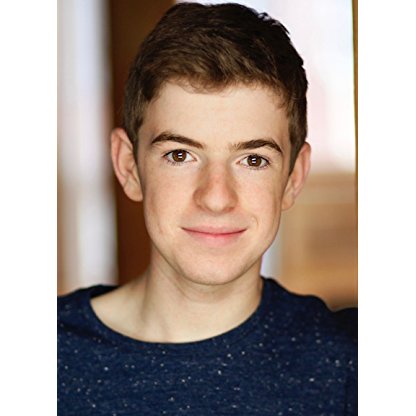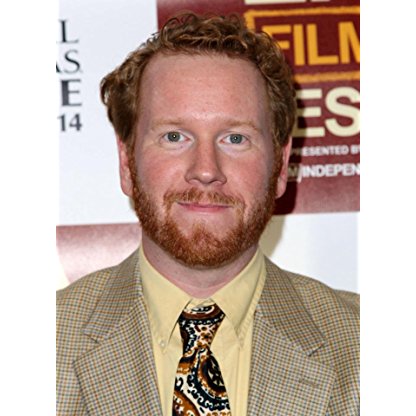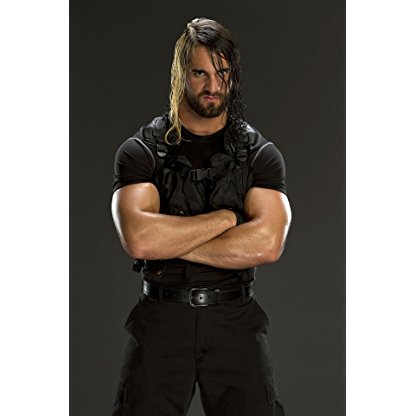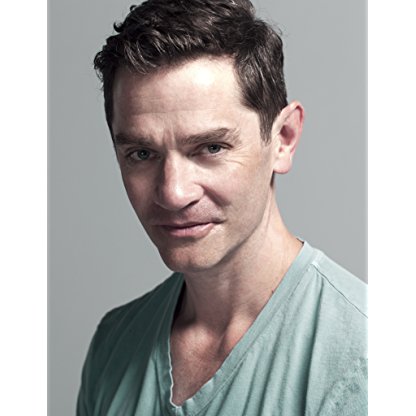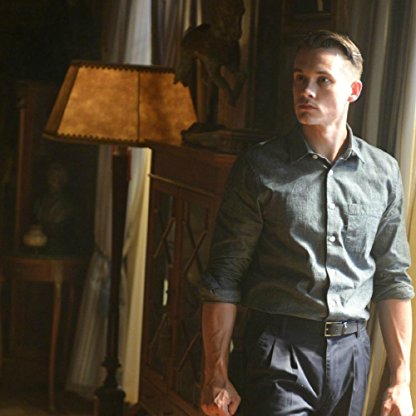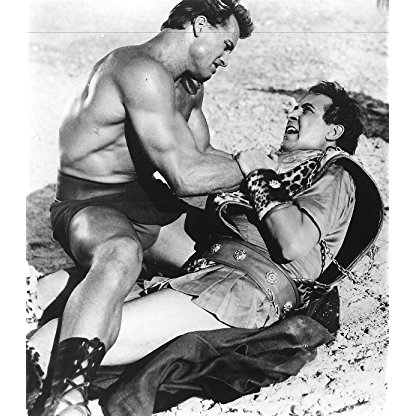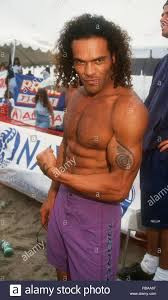In 1972, Director George Roy Hill, impressed by Durning's performance in the Tony Award- and Pulitzer Prize-winning play That Championship Season, offered him a role in The Sting (1973). In the Best Picture-winner, starring Paul Newman and Robert Redford, Durning won distinction as the crooked cop, Lt. Wm. Snyder, who polices and hustles professional con artists. He doggedly pursues the young grifter, Johnny Hooker (Redford), only to become the griftee in the end. Other film credits include Dog Day Afternoon with Al Pacino; When A Stranger Calls; The Final Countdown; The Hindenburg; Twilight's Last Gleaming with Burt Lancaster; True Confessions with Robert De Niro and Robert Duvall. Some television credits include The Connection; Queen of the Stardust Ballroom, the made-for-television musical in which he played the mailman who reaches out to Maureen Stapleton's lonely widow on the dance floor; Attica; PBS's Dancing Bear with Tyne Daly; the PBS production I Would Be Called John as Pope John XXIII; Hallmark Hall of Fame: Casey Stengel, in which Durning played the legendary baseball manager Charles Dillon "Casey" Stengel; NBC's mini-series Studs Lonigan with Harry Hamlin and Colleen Dewhurst; The Best Little Girl in the World with Jennifer Jason Leigh. In 1976, he received both an Emmy and a Golden Globe nomination for his performance in the television mini-series Captains and the Kings.

